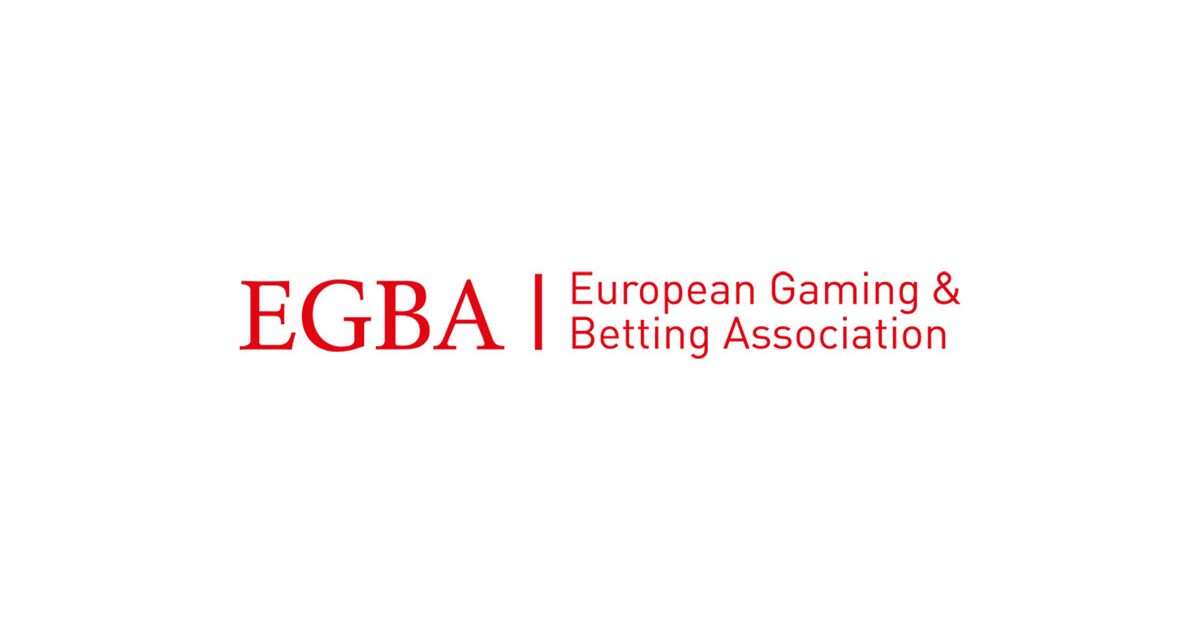The number of countries with some form of multi-licensing has risen from seven to 27.
Belgium.- The European Gaming and Betting Association (EGBA) has hailed the shift towards multi-licensing regimes for online gambling in Europe in a new report. It noted that 27 out of 31 European countries now have some form of multi-licensing for online gambling. That compares to just seven in 2009.
The analysis concludes that the multi-licensing model has become the predominant regulatory approach in Europe. Under this model, multiple companies are allowed to offer online gambling services within a country, provided they comply with regulatory obligations. It notes that in the majority of cases, countries had opted to implement a full multi-licensing approach.
“In recent years, Europe has experienced a remarkable transformation in online gambling regulation,” the trade association said: “Just fifteen years ago, the landscape was vastly different. Most European countries lacked dedicated regulations for online gambling or operated under exclusive rights models where only state-owned entities had a monopoly to offer online gambling services.”
In 2009, only Croatia, Czech Republic, Estonia, Italy, Latvia, Malta and the UK had a multi-licensing model for online gambling. However, the study noted that today there remain only four countries with no form of multi-licensing: Finland, Iceland and Norway retain state monopolies, while Luxembourg is the only European country with no dedicated regulations for online gambling. Finland plans to open a licensed regulated gambling market by 2026.
Of the 27 countries with multi-licensing, 23 have a full multi-licensing model for all regulated online gambling products available in those countries. Four countries have a mixed model with partial multi-licensing: Slovenia and Switzerland retain monopolies for online sports betting, while Austria and Poland each have a monopoly for online casino gaming and poker but multi-licensing for all other online gambling products. Meanwhile Cyprus and France have no regulated online casino market (Cyprus also lacks regulated poker).
EGBA secretary general Maarten Haijer said: “The momentum towards full multi-licensing for online gambling in Europe is undeniable. While a few exceptions still exist, governments are concluding that public policy objectives, particularly related to consumer protection and tax generation, are more effectively met through well-regulated online competition. Finland’s current transition towards multi-licensing signals the impending end of the last online gambling monopoly in the EU, marking a significant regulatory milestone.”
He added: “Similar deliberations regarding the future of the online monopoly are inevitable in Norway and Iceland. Furthermore, the handful of countries with either partial monopolies or product prohibitions should strive for greater consistency and effectiveness in their policies by phasing these out. With over 15 years of regulatory experience in Europe, it’s clear that full multi-licensing offers the best pathway to enhance consumer protection, increase tax revenues, and ensure stronger regulatory control. The time has come for the last remaining European countries to embrace this optimal form of online regulation.”
Last month, the EGBA welcomed the European Parliament‘s approval of new AML rules, particularly on high-value transfers. The body, which represents online gambling operators, said the package of rules will create more consistency.

